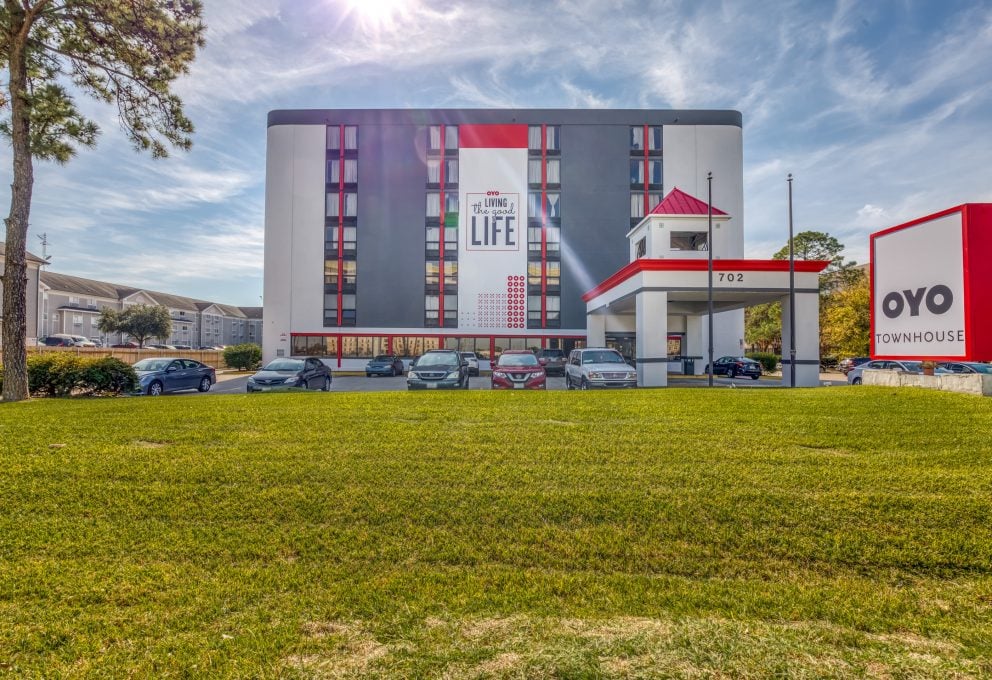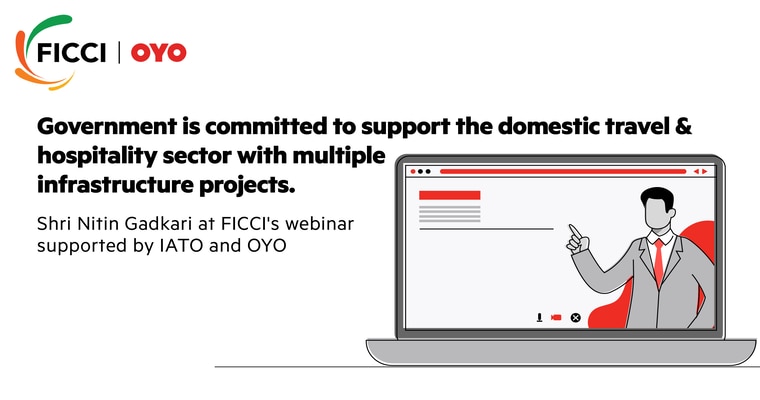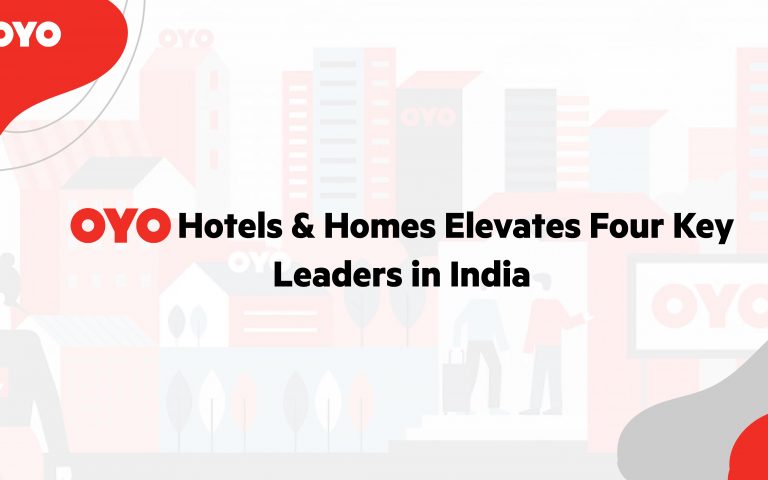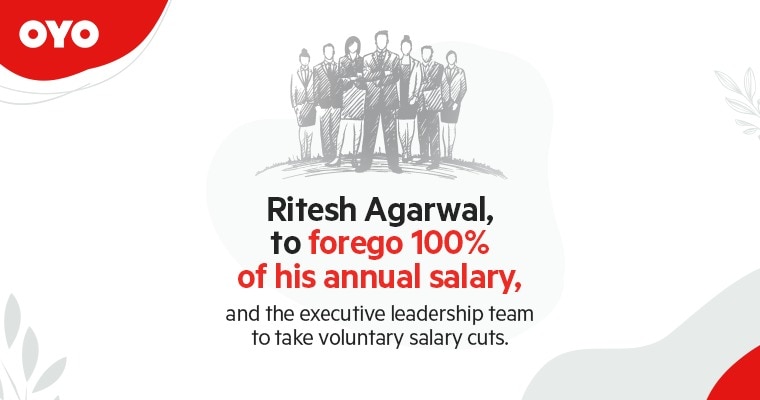We’re OYO. We’re a new-age hospitality company that is changing the way people live around the world. Our hotels and homes businesses hosted over 180 million guests from 120 + nationalities. We had humble beginnings in Gurugram, India, and we have grown across the world by focusing on our customers and our partners – and doing that by stitching together an innovative business model that creates a win-win proposition for our customers, our partners and for OYO.
I am Abhinav Sinha, Group Chief Operating Officer for OYO Hotels and Homes. I have been building OYO in the US alongside Ritesh since the last 16 months. Prior to that, I have built OYO alongside Ritesh and Anuj from our humble beginnings of running 3 hotels in Gurugram, India since mid-2014.
Recently an article was published that questioned OYO’s business model and mentioned some regulatory challenges in the US. As attention-grabbing the headline may be, there are some important facts that are missing. I am writing to share the complete context that did not find a place in the story. It is most important for our partners and our OYOpreneurs to know this.
I would like to specifically talk about three specific allegations and share OYO’s response here.
First: Article implying that OYO moved fast and did not get necessary approvals from the state
“But it may be indicative of a larger pattern of playing fast and loose by Agarwal”
“OYO’s modus operandi was peculiar in other ways”
“OYO offered its illegitimate franchise opportunity”
Let me explain what is the issue under question. The article claims that we moved fast and did not get the necessary approvals from authorities in time. However this completely misses the point – OYO believes that our innovative business model does not qualify as a franchise at all.
OYO’s core business model in the US differs from a franchise business model. In our business model, the facility owner is not required to make any required payment to OYO. OYO makes initial capex investment, provides a sign-on bonus, has the right to collect and book revenue and makes payment to the hotel as per a pre-agreed formula. The money flow is not from the owner to OYO. But as we control the revenue management and collection, we distribute and share revenues with the hotel as part of a reconciliation process. Our share changes basis revenues we generate in comparison to the guarantees provided.
We have consulted with multiple law firms who are experts in franchising laws, and their opinions have consistently called out that because of above differences, we have a unique business model that does not qualify as a franchise. OYO’s business model does not have a precedent in the market. While the regulators are now taking a call to classify this model also as a franchise, it has never been a straightforward conclusion.
Attached see videos where our hotel partner, Dave Patel, Rosendo Corpus and Hitesh & Gopi Patel, who have signed contracts representing this unique business model, share their views on how our offer is unique in the industry:
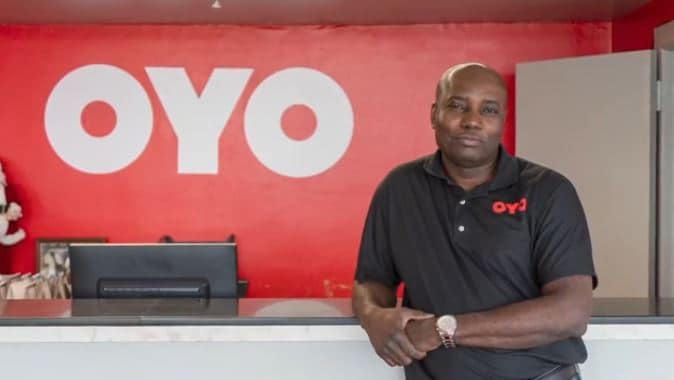
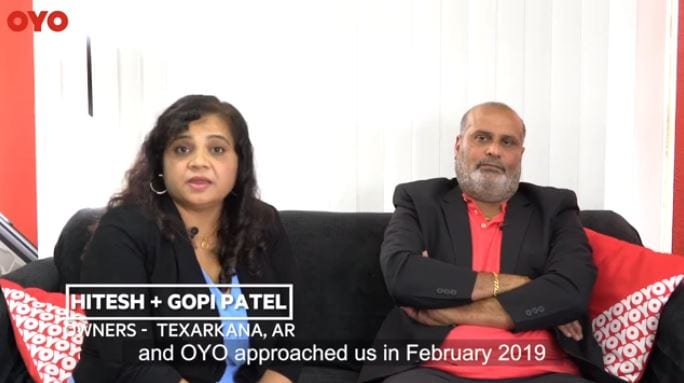
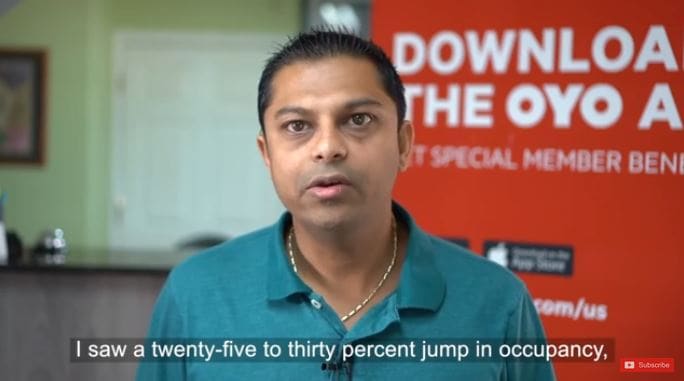
OYO is a company that is willing to take responsibility for our actions. We took an informed decision and it is now being challenged by the states.
OYO disagrees with the California DBO’s position. Despite convincing case law and evidence, the DBO was unwilling to consider the materially distinguishing features between OYO’s business model and the traditional franchise model to which the DBO is accustomed. OYO is vigorously appealing the California orders and expects to establish that OYO’s model is not a franchise.
Maryland and Washington saw our contract much differently than California. In Maryland and Washington, the states acknowledged the uniqueness of OYO’s model but had concerns; chiefly, the precedent such a model would set in their state. In the interest of allowing our business to continue to grow in these vital states, we voluntarily entered into a Consent Order in each state agreeing to stop selling any agreement unless it was registered with the state’s franchise division, pay a small amount and, in Maryland’s case, offer rescission.
Second: Article claims that OYO’s business is at serious risk because of ongoing discussions with these states
“This is going to be the tip of the iceberg.”
We are fully committed to our business in the United States and don’t see this as a development that can cause any business interruption or continuity risk. It is true that we are not offering our management and consulting agreements in California pending resolution of our disputes and also Washington based on the consent order, but we have requisite approvals to operate in over 40 States that represent over 90% of our existing footprint.
Snapshot of our registered Franchise Disclosure Document
Also note that even in California, while we are still contesting this order, the order itself does not make the existing contracts invalid. It does give the hoteliers an option to move out of the contract, but in case they chose not to, it allows for contracts to continue.
Third: Article claims that OYO is a company from outside US that did not prepare and did not know how to do business in the US
“It’s possible [OYO] was a foreign company doing business and didn’t know any better,”
“I don’t know anybody who would start like this on a massive scale and would not get good advice.”
This is a line of thought that we hear very often. It’s an additional burden – the burden to prove that we belong here – more so because OYO originated in India. This quote seems to be intentionally used to share an origin bias. We are happy to share we are as American a company as anybody else is. Right from being the first hotel chain in the US to lead the way in supporting the first responders, to ensuring that we support the homeless with food through our hotel in Las Vegas, we continue to serve our communities as a local company. Three of the four institutional investors in our company are also American venture firms.
Our board of directors consists of industry stalwarts with years of experience running American companies like Troy Alstead, former Starbucks COO, Gerardo Issac (Gerry) Lopez, Operating Partner at SoftBank Vision Fund, Betsy Atkins, CEO & Founder of Baja Corporation, amongst others.
Now, let me share some background of people associated with OYO during our diligence while entering the US market.
OYO announced its expansion the USA: Jun 19, 2019. You can read more about it here.
OYO conducted extensive conversations with several renowned US franchise firms regarding our model. These firms included renowned law firms such as Foley and DLA Pipers. We hired Chris Nowak who is a veteran in the hospitality industry (20+ years); Chris was also the GC of Wyndham hotels in one of his previous stints. We also worked closely with Gerry Lopez, Operating Partner at SoftBank Vision Fund, who is another veteran of the hospitality industry and ex CEO of Extended Stays America.
In conclusion
As you know, our industry faces unprecedented challenges due to the pandemic. But with all the negative Covid news, OYO sees glimmers of hope. While the industry is facing a 75% decline in RevPAR in North America, OYO is witnessing a significantly lower ~40% drop in RevPAR. In fact, one of our largest online distribution partners told us that the decline in the performance of OYO properties in this time is less than what has been observed at other competing chains. We believe we can support hotel owners across the country and look forward to working with the regulators to create sandboxes that enable innovative approaches to business, as we expand across the US. We have created tremendous value for our owners and they remain excited about their association with the company.
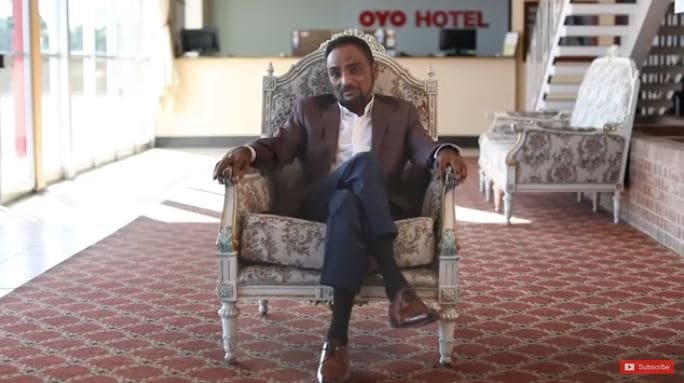
OYO is clearly here to stay. Stating again, we remain fully committed to our business in the United States and don’t see these developments slowing our growth. We’re proud to bring unparalleled innovation, partnership and success to our hotel partners. When they win, we all win. Most importantly our customers win.

